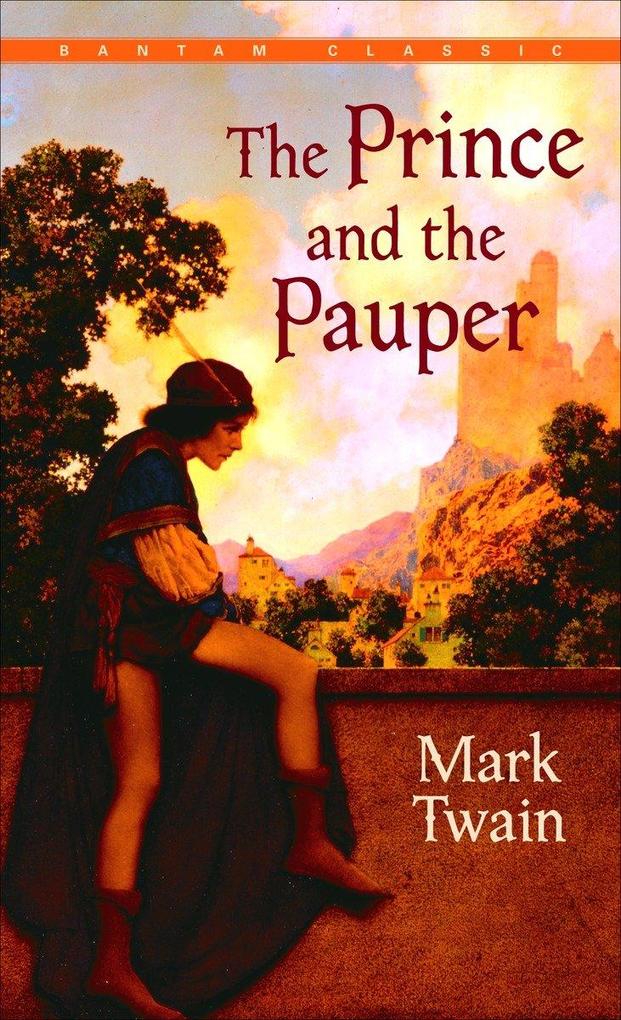
Zustellung: Sa, 18.01. - Do, 23.01.25
Versand in 3 Wochen
VersandkostenfreiBestellen & in Filiale abholen:
Rich with surprise and hilarious adventure, The Prince and the Pauper is a delightful satire of England's romantic past and a joyful boyhood romp filled with the same tongue-in-cheek irony that sparks the best of Mark Twain's tall tales. Two boys, one an urchin from London's filthy lanes, the other a prince born in a lavish palace, unwittingly trade identities. Thus a bedraggled "Prince of Poverty” discovers that his private dreams have all come true—while a pampered Prince of Wales finds himself tossed into a rough-and-tumble world of squalid beggars and villainous thieves. Originally written as a story for children, The Prince and the Pauper is a classic novel for adults as well—through its stinging attack on the ageless human folly of attempting to measure true worth by outer appearances.
Mehr aus dieser Reihe
Produktdetails
Erscheinungsdatum
01. November 1983
Sprache
englisch
Seitenanzahl
224
Reihe
Dover Children's Thrift Classics
Autor/Autorin
Mark Twain
Verlag/Hersteller
Produktart
kartoniert
Gewicht
119 g
Größe (L/B/H)
176/106/14 mm
ISBN
9780553212563

























